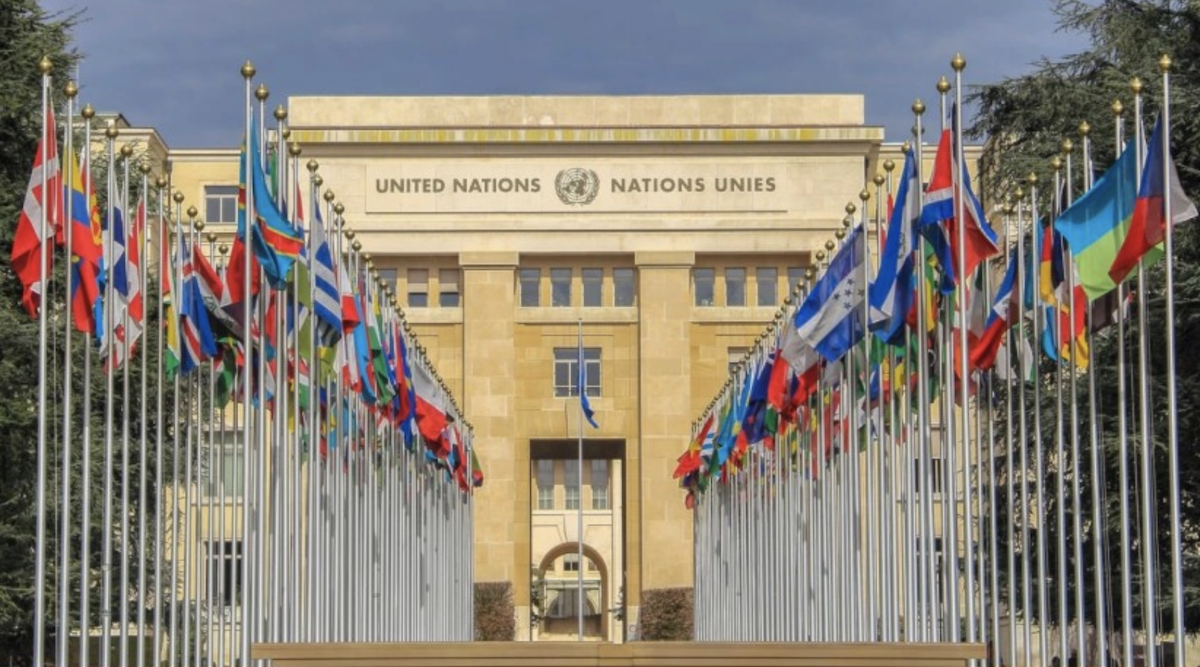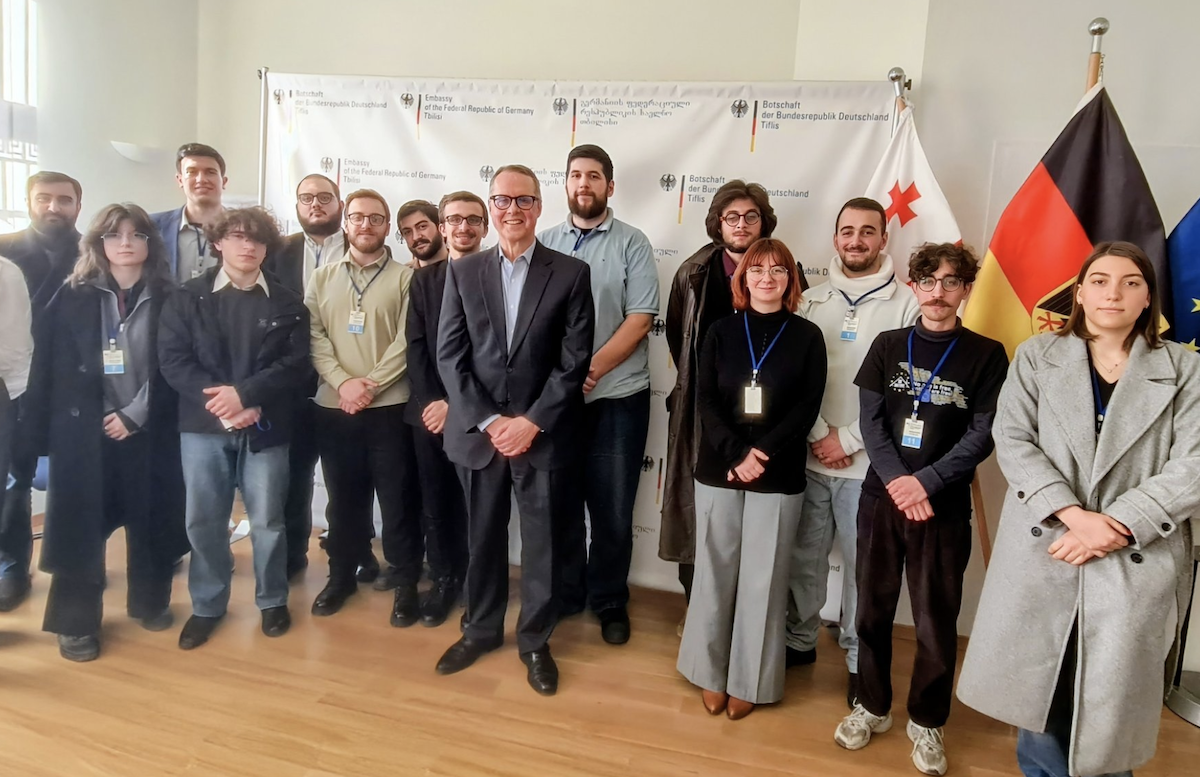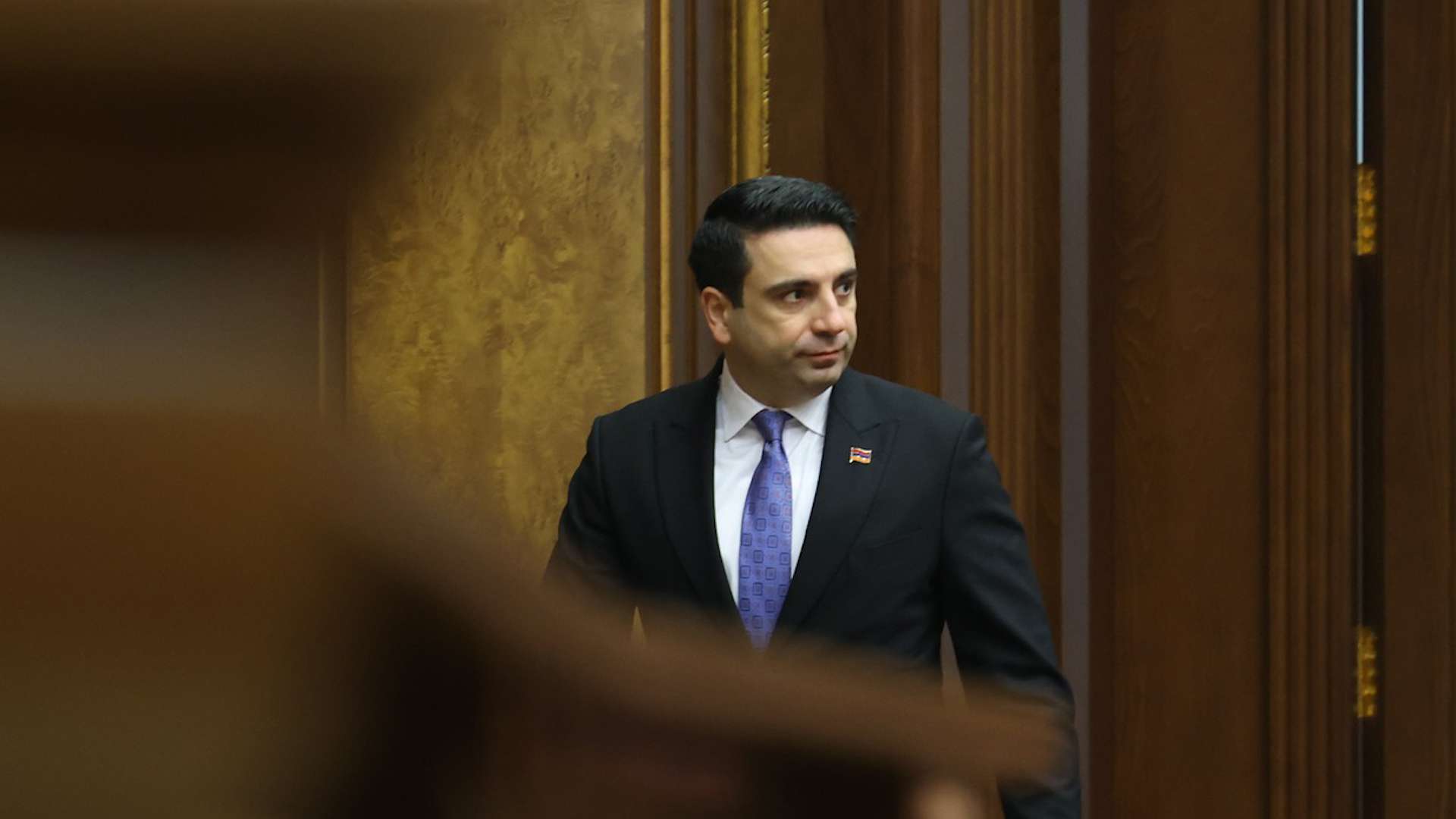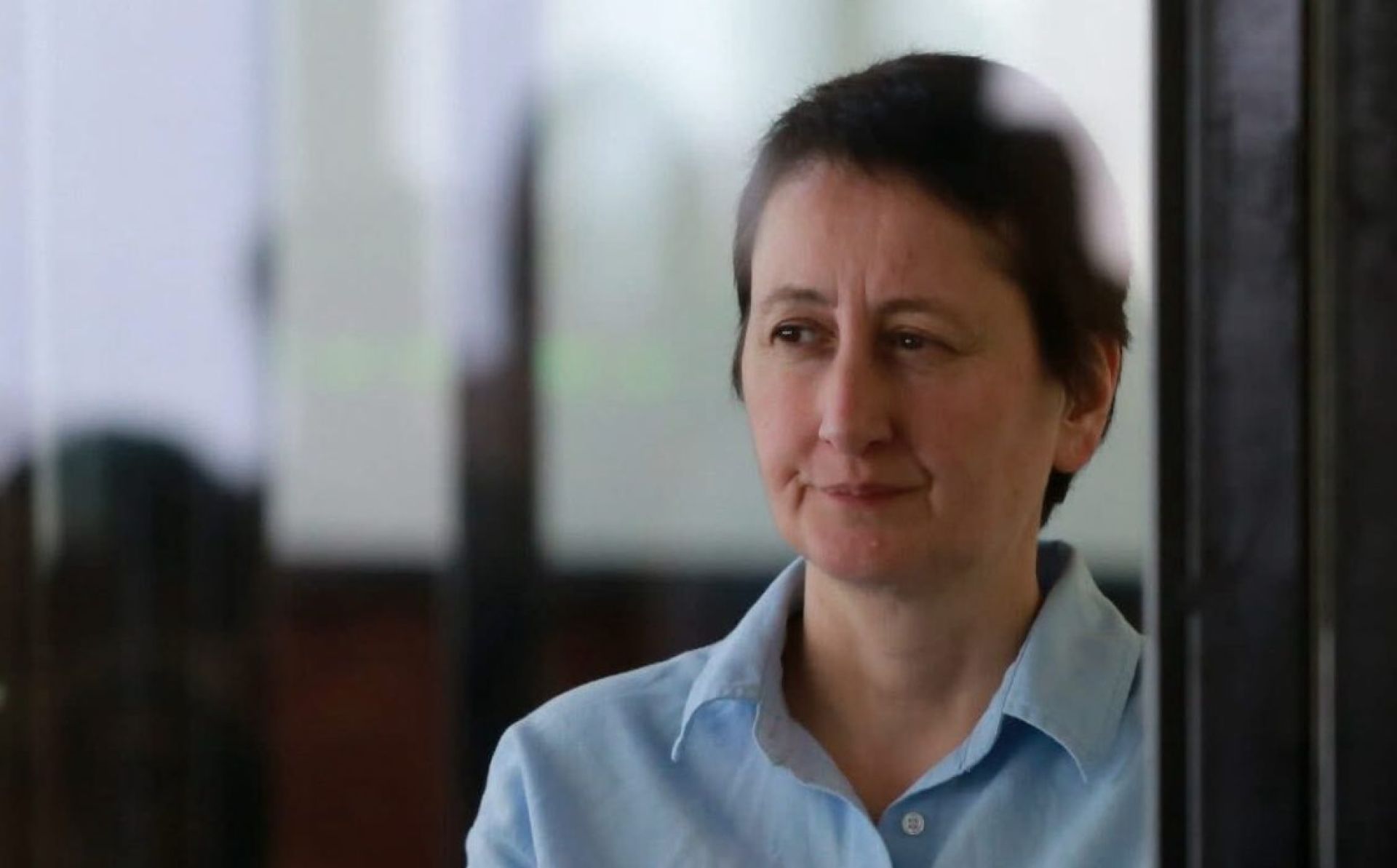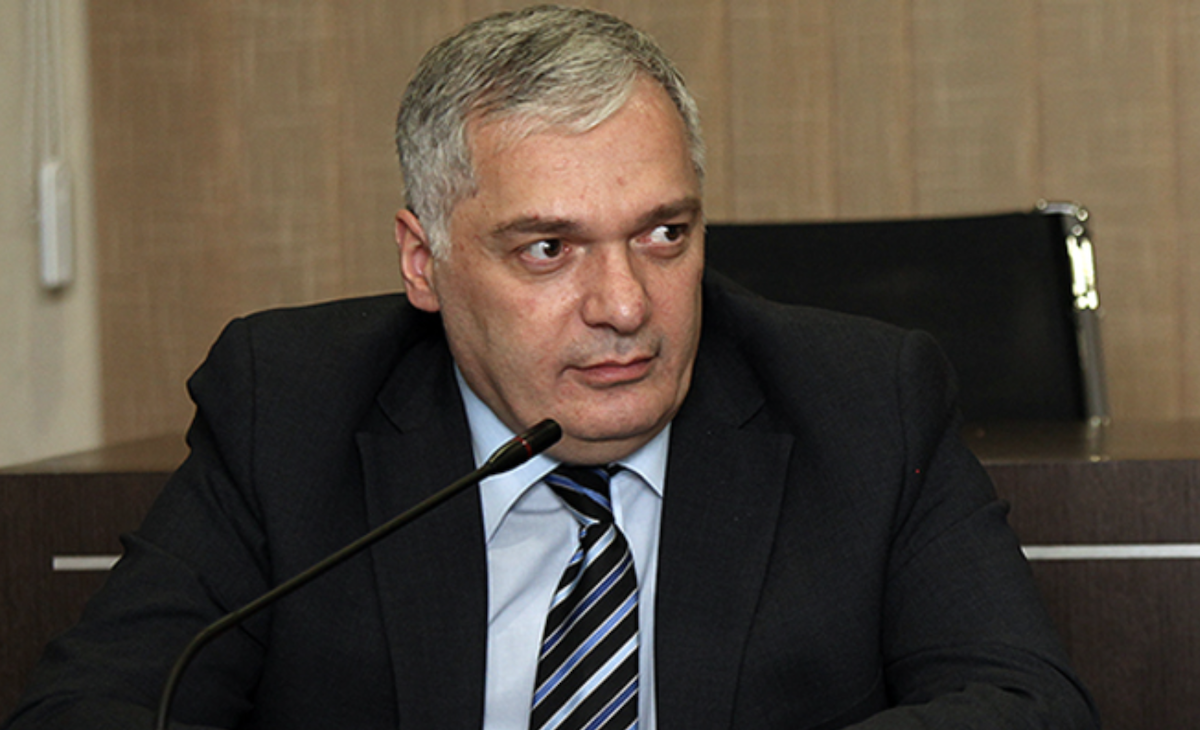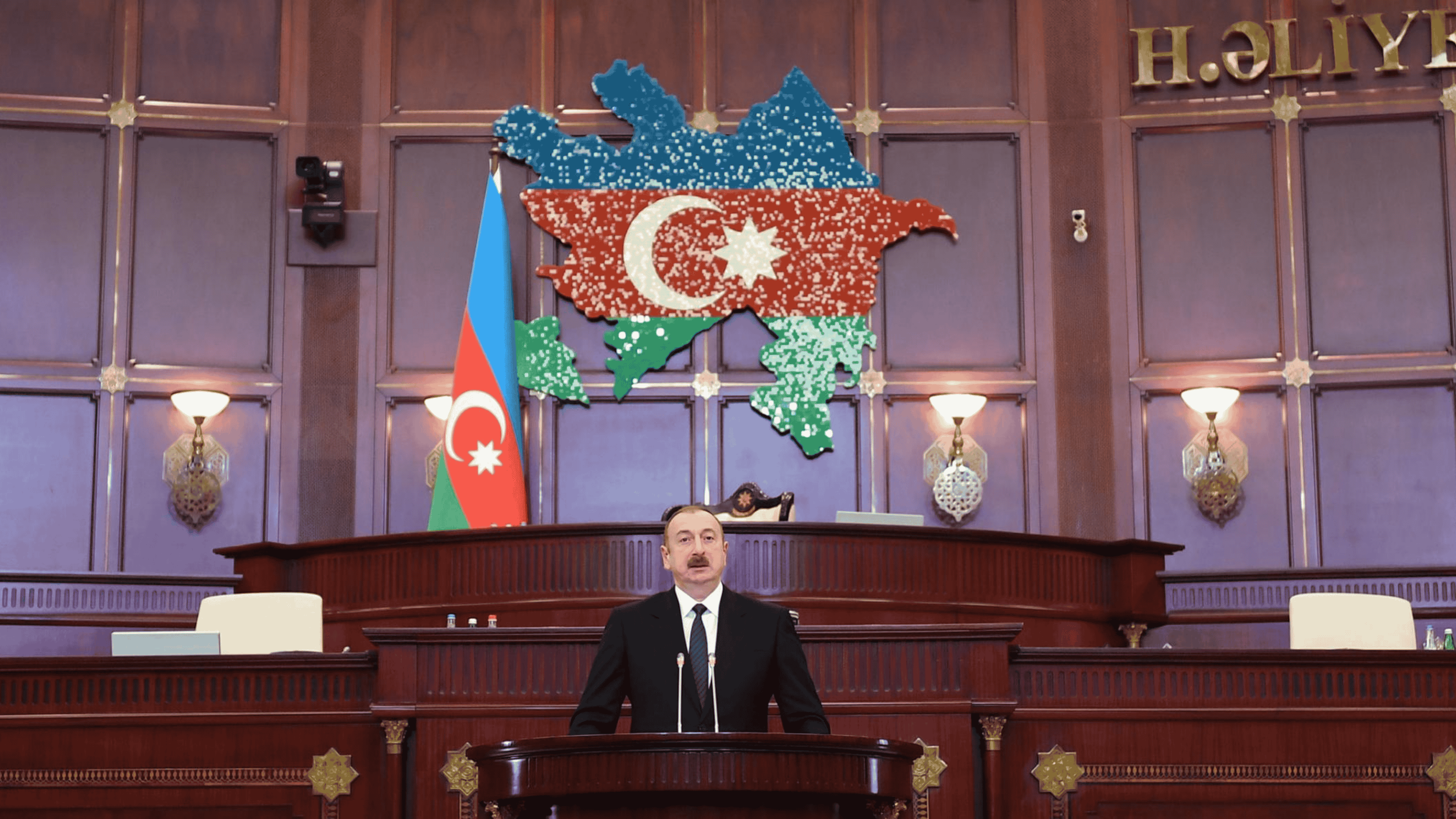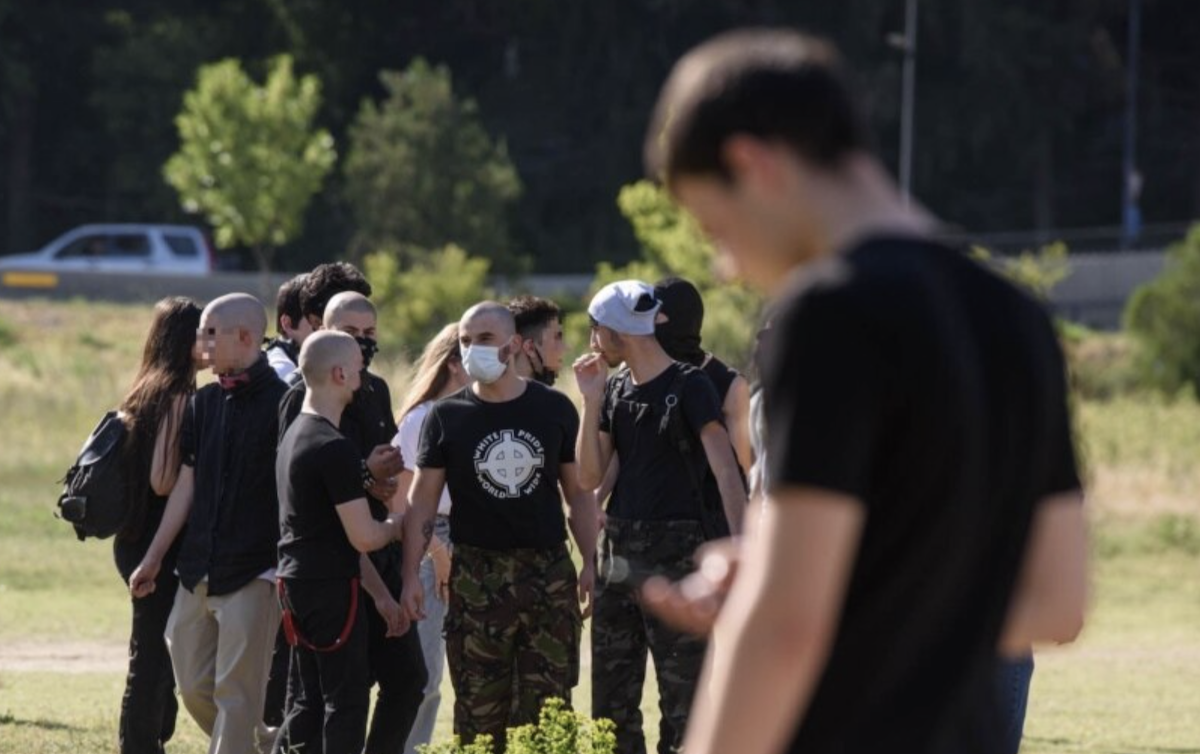How rational it is for Tbilisi to avoid direct dialogue with Sukhum - opinion from Abkhazia
The 65th round of the Geneva International Discussions took place on 1–12 November 2025.
As in all previous rounds, they did not bring the resolution of the Georgian–Abkhaz and Georgian–South Ossetian conflicts even a step closer.
And they will not, as long as Georgia does not decide to speak directly with Abkhazia and South Ossetia, argues Abkhaz journalist Inal Khashig. In his column for the newspaper Chegemskaya Pravda, he reflects on why, in his view, the Geneva Discussions were an entirely unproductive format from the very beginning — and why it is long past time to change it.

Inal Khashig:
This week another round of the Geneva Discussions came to an end.It concluded, as usual: the sides routinely voiced their long-familiar positions and, once again failing to find any common ground, went home. Until the next round, which will almost certainly be a repeat of all the previous ones.
Yet such a scenario was built into the Geneva Discussions from the very start, and no other outcome was ever envisaged.
As is well known, the Discussions themselves were hurriedly devised after the August 2008 war, under the Medvedev–Sarkozy agreements, as an alternative to the Georgian–Abkhaz negotiation process under UN auspices, which had collapsed under the pressure of new geopolitical realities.
In essence, however, their only purpose was simply to let off steam, to defuse tensions. To maintain a “bad peace” with no real possibility of reaching an agreement. All the more so because this “bad peace” suited the interests of all players — large and small — and matched the world order that existed at the time.
Everyone understood that the new status quo in the Georgian–Abkhaz and Georgian–South Ossetian conflicts, which took shape in August 2008, would have to be accepted as a given, but no one had any illusions that it could be formalised legally in a way that accommodated the interests of all sides.
That is why these are not “negotiations” but “discussions” — where there are no parties to the conflict and all participants attend strictly in a personal capacity. Four meetings a year, each one identical to the last.
Even February 2022 — when the old world order collapsed and fires broke out everywhere — had no effect on this format.
Yet if, at the moment when the Geneva Discussions were created, the principles embedded in them still matched the spirit of the time, now — in a period so well suited to the unfreezing of various conflicts, new divisions and quests for retribution — this non-binding exchange of views has become an unacceptably empty pastime. A new impulse is needed.
Under Mikheil Saakashvili, Tbilisi abandoned direct talks with Sukhum and Tskhinval, hoping that with the help of the European Union and the United States it would be able to force Moscow to back down and withdraw its recognition of Abkhazia and South Ossetia.
After Saakashvili, his opposites from the Georgian Dream party came to power. But they, too, adhered to the principle of not speaking directly with Abkhazians and Ossetians — and they still adhere to it today. Only now a nuance has appeared: having quarrelled with the European Union, Georgian Dream has spent the past few years trying to negotiate quietly and independently with Moscow, without any mediators, including on its territorial claims.
Throughout last year, the Georgian government hoped that breaking with the EU would make Moscow more accommodating and friendly. For a while, officials even stopped calling Russia an “occupier” in their speeches.
But towards the end of 2024, everything fell apart.
Currently, Kremlin-linked Telegram channels write that Dmitry Kozak, the former Kremlin official responsible for the Abkhaz track, had an idea involving certain concessions — some form of Georgian–Abkhaz confederation. But it did not work out.
On the other hand, even if Moscow and Tbilisi had reached an agreement, without the consent and participation of the Abkhazians themselves the project would have remained on paper. Even with Russia’s significant influence over Sukhum, the Abkhaz authorities would never have agreed to it, given prevailing public attitudes towards Georgia.
In short, Moscow is currently no help to the Georgians in the matter of “restoring territorial integrity”.
And Tbilisi has already clearly realised this. But taking the next logical step — speaking directly with Sukhum — is hindered on the Georgian side by attitudes rooted in the Saakashvili era.
Yet at this moment, when Brussels and Washington have ceased to be allies, and Moscow has not become a friend, how rational is it for Tbilisi to continue avoiding direct dialogue with Sukhum?..
Toponyms, terminology, views and opinions expressed by the author are theirs alone and do not necessarily reflect the views and opinions of JAMnews or any employees thereof. JAMnews reserves the right to delete comments it considers to be offensive, inflammatory, threatening or otherwise unacceptable.










